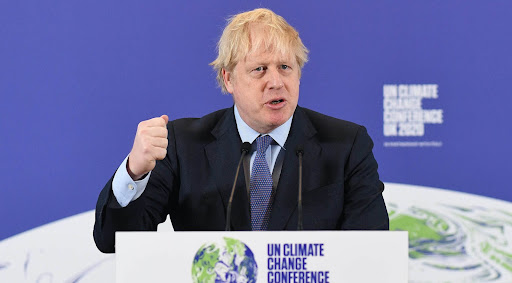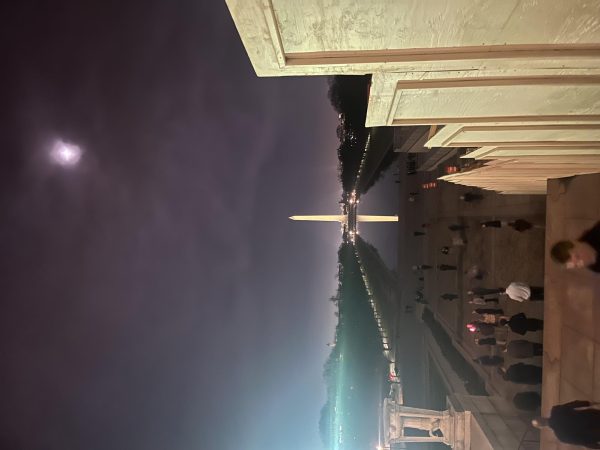COP26: What is it? What can we expect?

Picture by Andrew Parsons
November 1, 2021
As many in the developed world well know, it can be incredibly easy to sweep issues that do not directly apply to us under the rug. It’s true of us and it is equally true of our leaders. But this November, those same leaders will have to confront one of these issues head on: climate change. At the 2021 United Nations Climate Change Conference, also more broadly known as COP26, nations will have an opportunity to tackle arguably one of the largest threats to our current way of life.
So what do these leaders hope to accomplish? That would depend on who you ask. The publicly published goal is to “put the world on a path to aggressively cut greenhouse gas emissions and slow the Earth’s warming,” as put by the Washington Post. And on the outside, this looks amazing to climate activists. However, a look at the track record of events of this kind sings a completely different tune. There have been events of this caliber in the past, but all of these events involved lots of promises and well wishes from nations whose economies were too tied up in fossil fuels to make this a feasible option. Instead of saying this publically, countries all around the world, including the United States, continue to launch campaigns with little real change behind them. These statements are most often met with dismay from climate activists, who are of the belief that economic security should play little to no role in negotiations surrounding these issues. While this gridlock and outrage can make this seem hopeless, there is still lots of potential packed into this conference, coupled with world leaders and heads of state eager to walk away with something meaningful.
Worth noting early on are the absentees, most disheartening of which is China who, as of 2019, was responsible for at least 30% of the world’s carbon emissions. Following suit is its geopolitical ally, Russia, who, despite producing roughly 5% of the world’s CO2, was still a valuable asset to have at the table. This all sends a message to the world at large as to who wants to listen to the climate-fueled natural disasters; from the massive wildfires in Siberia to the unprecedented flooding in Belgium and Germany, the reality of the situation is settling in. While we may not be the ones making the decisions, it is still our civic duty to pay attention to this landmark conference and above all hold leaders accountable, as the world cannot handle this being another issue we sweep under the rug.









